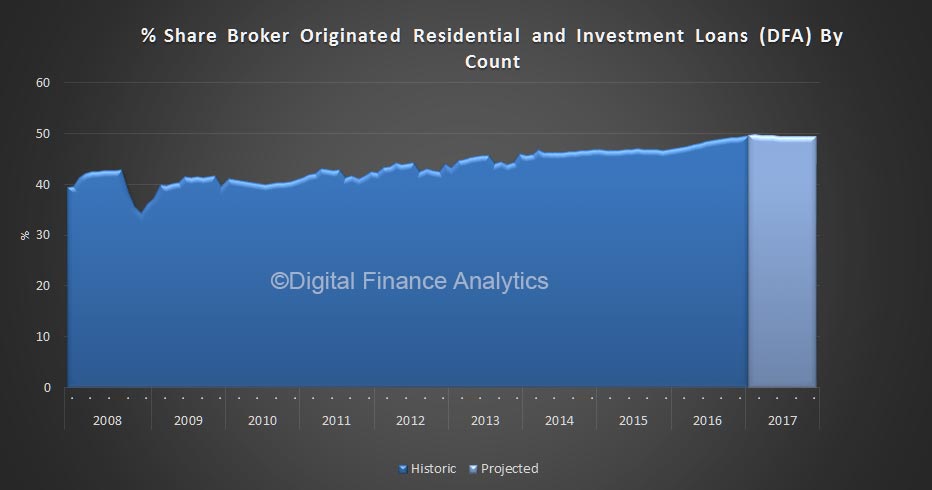ASIC says the first civil penalty has been imposed on a financial services licensee for breaches of the best interests duty under the Future of Financial Advice (FOFA) reforms. The focus on the matter was on the “best interest” provisions and the remuneration model. This is a significant development.
The Federal Court has imposed a civil penalty of $1 million against Melbourne-based financial advice firm NSG Services Pty Ltd (currently named Golden Financial Group Pty Ltd) (NSG) for breaches of the best interests duty introduced under the Future of Financial Advice (FOFA) reforms.
The penalty relates to financial advice provided to retail clients by NSG advisers on eight occasions between July 2013 and August 2015. The clients were commonly sold insurance and advised to roll over superannuation accounts that committed them to costly, unsuitable and unnecessary financial arrangements.
The Court found that the failures by NSG to ensure compliance by its representatives were systemic in nature and in his reasons, Justice Moshinsky said, “I regard the contraventions as very serious ones”.
In March 2017 NSG consented to the making of declarations against it and after a hearing on 30 March 2017 the Court was satisfied that declarations ought to be made.
The Court found that NSG’s representatives breached:
- s961B of the Act by failing to take reasonable steps to ensure that they provided advice that complied with the best interests obligations; and
- s961G of the Act by failing to take reasonable steps to ensure that they provided advice that was appropriate to its clients.
Those breaches formed the basis of 20 contraventions in total by NSG of s961K(2) or s961L of the Act, which provides that a financial services licensee must take reasonable steps to ensure its representatives comply with the above sections of the Act.
The Court made the declarations based on a number of deficiencies in NSG’s processes and procedures, including the following:
- NSG’s training on legal and regulatory obligations was insufficient to ensure clients received advice which was in their best interests;
- NSG did not conduct regular or substantive performance reviews of its representatives;
- NSG’s compliance policies were inadequate, and did not address its representatives’ legal or regulatory duties, and in any event, were not followed or enforced by NSG;
- There was an absence of regular internal audits, and the external audits conducted identified issues which were not adequately addressed nor recommended changes implemented; and
- NSG had a “commission only” remuneration model, which meant that representatives would be paid by way of commission for sales of personal risk insurance products and superannuation rollovers.
ASIC Deputy Chairman Peter Kell said, “This outcome makes clear to the industry the serious consequences of financial services licensees failing to comply with their FOFA obligations. ASIC will continue to pursue licensees who fail to do so.”
NSG, who agreed with ASIC on the amount of the penalty immediately prior to the hearing on penalty, and made joint submissions as to the orders, was also ordered to pay $50,000 in costs to ASIC, and will also pay $50,000 towards ASIC’s costs of its investigation into NSG under s91 of the ASIC Act.







